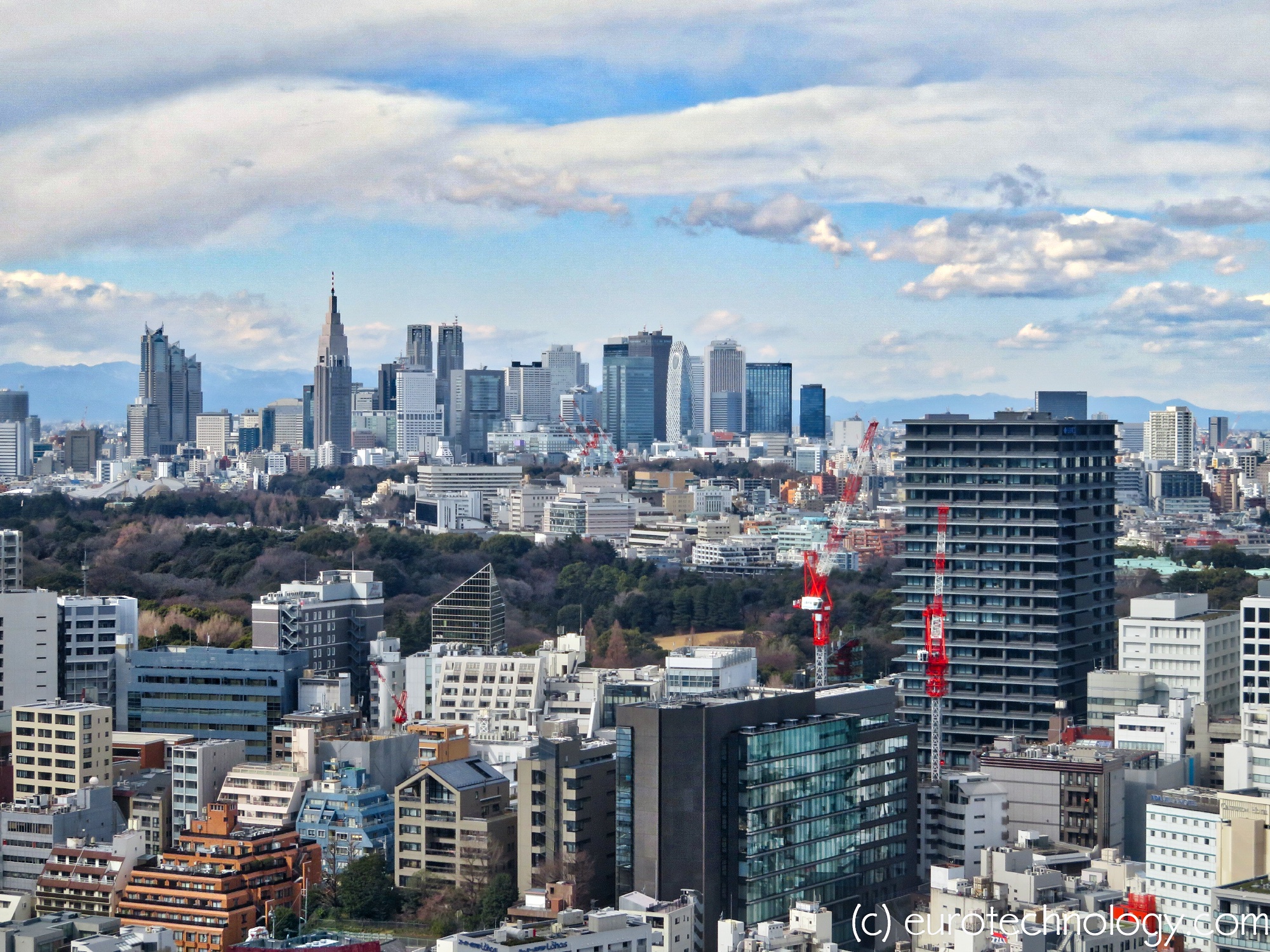Japan’s economy grows five quarters in a row, and Japan Post books losses of YEN 400.33 billion (US$ 3.6 billion) for an acquisition in Australia
by Gerhard Fasol
Japan GDP growth first quarter 2017, growth of 2%/year. Still, Japan’s economy is the same size as in 2000, while countries like France, Germany, UK today are double the size as in the year 2000
Japan GDP growth first quarter 2017: We have seen 5 quarters of economic growth in Japan, for the January-March 2017 quarter the consensus is that the Japanese Government is likely to announce economic growth corresponding to an annual growth rate of around 2%/year (update: Japan’s Government announced an annual growth rate of 2.2%/year).
Generally the business mood in Japan is optimistic now, personal consumption and industrial orders are growing. We see investments in preparation for the 2020 Olympics. Venture start-ups and venture investments are growing, while still at a low level, we see venture businesses developing not only in Tokyo, but also in regional centers around Japan.
One mid-term risk to Japan GDP growth is the potential implementation of the postponed consumption tax rate increase.
The big picture however is, Japan’s economy today is approximately the same size as 17 years ago in 2000. During the same 17 years most major economies, e.g. France, Germany, UK have doubled in size. France, Germany, UK’s economies today are about twice the size as in 2000, while Japan’s economy today is about the same size as in 2000. Quarterly GDP figures just measure the short term fluctuations of this long term behavior.
Rico Hizon: so what would Japan have to do to restart long term growth?
Gerhard Fasol’s answer
Japan would have to do three things to restart economic growth long term:
- Population: Implement policies to make it easier for families to have children, shift spending from the aged to children, improve eduction, shorter work hours, build children’s day care centers, gender equality
- Implement Prime Minister Abe’s “third arrow”, the reforms. Deregulation not just in a few “special zones” but nation wide.
- Improve corporate governance to improve company’s growth, globalization and management.
Japan Post trips up on globalization: books YEN 400.33 (US$ 3.6 billion) losses due to an acquisition in Australia – with a Toshiba connection
Japan Post announced a loss of YEN 400.33 (US$ 3.6 billion), and a resulting net loss of YEN 28.98 billion (US$ 260 million) for the fiscal year ending March 31, 2017.
Japan Post Holdings was launched on the Tokyo Stock Exchange with the IPO on Nov 4, 2015.
Investors expect major growth of Japan Post Holdings into a global business, such as Deutsche Post has with privatization and later the acquisition and merger with the global logistics group DH about 20 years ago.
Around the time of the IPO Japan Post announced the acquisition of the Australian logistics group Toll for about YEN 620 billion (US$ 5.5 billion), while Toll’s market cap previous to the acquisition was about YEN 410 billion (US$ 3.7 billion).
Japan Post’s recent write-down at Toll is about equal its pre-acquisition market cap, or about 65% of the acquisition prize.
The deep problem of Japan Post’s steep write-downs at the Australian acquisition Toll, is that this casts doubts on Japan Post’s developments into a global business.
The Toshiba connection: Japan Post’s former CEO, Taizo Nishimuro (西室 泰三), previously served as CEO and Chairman of Toshiba
CEO of Japan Post at the time of the questionable Toll acquisition was no other than Mr Taizo Nishimuro (西室 泰三), former CEO and Chairman of Toshiba, now honorary advisor of Toshiba, who spent all his career at Toshiba, working at Toshiba since 1961. Toshiba is currently in severe difficulties caused primarily by Toshiba’s acquisitions of US nuclear construction firms, however Toshiba’s fundamental problems go back much much longer.
Japan Post Holding [6178]
Japan Post Holdings was founded on 23 January 2006, following the path to privatization initiated by Prime Minister Koizumi of Japan’s national Post Office.
Japan Post Holdings is listed on the Tokyo Stock Exchange (No. 6178), IPO was on 4 November 2015, and has five divisions:
- Japan Post Service (日本郵便株式会社): mail delivery
- Japan Post Network (郵便局株式会社): Post Offices = retail and real estate
- Japan Post Bank (株式会社ゆうちょ銀行): Tokyo Stock Exchange No. 7182
- Japan Post Insurance (株式会社かんぽ生命保険): life insurance. Tokyo Stock Exchange No. 7181
- Toll Holdings: logistics
Copyright (c) 2017 by Eurotechnology Japan. All Rights Reserved.

Leave a Reply